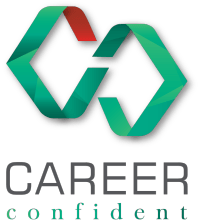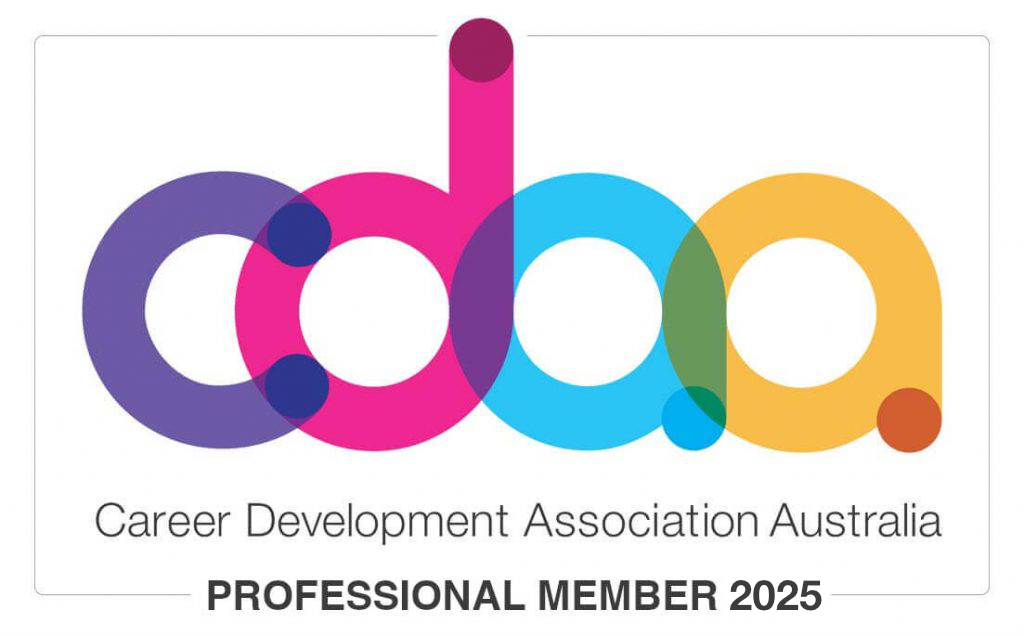How can you find work and keep your new job or career change plans on track during the COVID- 19 Pandemic?
This time last year, none of us could have imagined 2020 would throw up so many challenges. The impacts of COVID-19 will continue to be significant. Job losses and business closures have been devastating and it is not surprising many people are worried about their health and financial security. With so much we cannot control, and an increasingly tight employment market, it is more important than ever to look after yourself, be informed, develop your skills, and know your value to an employer. The news is not all bad – you CAN find a new job, plan for a career change, or use your time to place yourself strategically to be ready and competitive when the crisis abates.
Here are 10 tips
Research. Jobs exist and some sectors are strong. Know where to look for jobs
While many positions have been impacted and jobs lost, several sectors are strong, with opportunities particularly available in health, health technology, food produce, pharmaceuticals, IT and telecommunications, supermarkets/grocery, cleaning, and logistics. The Australian government has just launched Jobs Hub. Aside from job search websites like Seek, Indeed and Ethical Jobs, also search on LinkedIn, social media, and the websites of industry recruiters.
If you are looking for work now, be resourceful – try to think creatively when assessing your skills ( why not try Skills Match on Job Outlook?) and be prepared to compromise, at least to some extent, in the short term.
If you were contemplating a job or career change prior to COVID -19, perhaps stay put at work for the coming months if that is an option, unless a wonderful opportunity comes along!
Update your CV – does it adequately reflect your achievements and grab the attention of readers?
Ensure your CV is easy to follow and is targeted specifically to the job you are applying for. Some pointers.
- Use a plain, modern font and ensure your personal details include your suburb, postcode, and your LinkedIn URL (if applicable).
- Pay attention to page one. A short engaging profile paragraph is critical because a recruiter may have only seconds to spend looking at it. Unless you are early in your career, include a Career Highlights section and see if one of your referees would write a short, compelling testimonial about your work that you could include.
- Focus on your achievements rather than a list of duties or responsibilities, showing prospective employers how and where you added value. Enlist a friend or trusted colleague to help or look online for some resources to help you identify your achievements at work and describe them.
- Avoid borders, photos, columns, text boxes, graphs, and abbreviations as some ATS (Applicant Tracking Software – see below) struggle with these.
- Also avoid listing referees on your CV. If asked after an interview, put forward the most appropriate referees for the role (having ensured they have been adequately briefed beforehand).
Applicant Tracking Software
Many medium to large companies in Australia use Applicant Tracking Software (ATS) to track job applications submitted online, so learn how to tailor your documentation to comply with ATS requirements without losing your individuality and what you would bring to the particular role. Ensure your cover letter and CV make clear how you are a good fit for the organization and the role by specifically addressing the advertised key selection criteria. Use key words from the key selection criteria in context in your documentation but avoid overdoing this. Try resources on Seek and Jobscan.co
LinkedIn matters
LinkedIn has the potential to maximize your job search and career prospects; it can also build your industry credibility and, importantly, connections. Recruiters and prospective employers will look you up and increasingly jobs are being advertised on the platform. Ensure your title and profile is keyword optimized. Does your photo need updating? Consider an eye- catching, yet appropriate banner background image to help your profile stand out. Write a brief but compelling paragraph in the “About”, section making sure your personality shows through and some career highlights are included. Check that dates and job titles align with your CV, though avoid posting your CV on your LinkedIn profile.
Make your connections genuine. Consider where you can add value to a discussion and what you can learn from the platform’s resources. LinkedIn’s benefits also include letting recruiters know you are available for work (though avoid putting “Looking for opportunities” in your title).
Testimonials – they add enormous value to your LinkedIn profile. Ask some trusted referees or former clients/customers if they would write a LinkedIn testimonial for you.
Upskilling and professional development
Now may be an excellent time for you to complete study, short courses, update licences, catch up on your Continuing Professional Development and plug skill gaps – especially those essential for the industry in which you work or aspire to.
Volunteer
When, in the current climate, it is safe and appropriate to do so, get involved. There is and will be so much need and people are mobilizing to help. Try Volunteering Victoria or community Facebook groups/hubs as a starting point. Many people I know have found jobs/changed career paths as a result of volunteering. Be sure to include work you have undertaken as a volunteer on your CV and be prepared to speak about it during an interview.
Brush up on your virtual interview skills
Virtual interviews will be a necessity for many job applicants now. Prepare for a possible interview by checking your technology is compatible with that of your prospective employer and works well; practice speaking to the appropriately placed camera and ensure your background is uncluttered and free from distraction. Remember that panelist(s) may be interviewing you from their home(s) so be prepared for a remote work conference scenario. Of course, keep your CV next to you and know it well.
Contact your networks – including your referees – for help
While it is always important to keep in touch with your networks, it is perhaps more critical now. If you are looking for work, contact those you are close to in your work and personal life and enlist their help. Remember, most jobs are not advertised. Keep in touch with your referees and have a think about who you might be able to be a referee for.
Know your entitlements and obligations
State and Federal government websites are providing regular updates on COVID- 19 and supports available. Also see the Australian Fair Work Commission.
Look after yourself
Finally, balance is important (you cannot job search all the time!). Look after yourself: try to bring structure to your days, keep in touch with those who matter to you, watch what you eat, exercise, and get enough sleep. Reach out if you need help with your mental health.
Lifeline Australia 13 11 14, Beyond Blue 1300 224 636, Eheadspace 1800 650 893 (12-25-year olds)
Please contact me if I can help you or someone you know with their job search, career planning or course selection needs.
Helen Green is Director of Career Confident in Melbourne. She is a qualified Careers Practitioner and Careers writer. Career Confident is open for business during the COVID-19 crisis. At present, all consultations will be conducted virtually.







